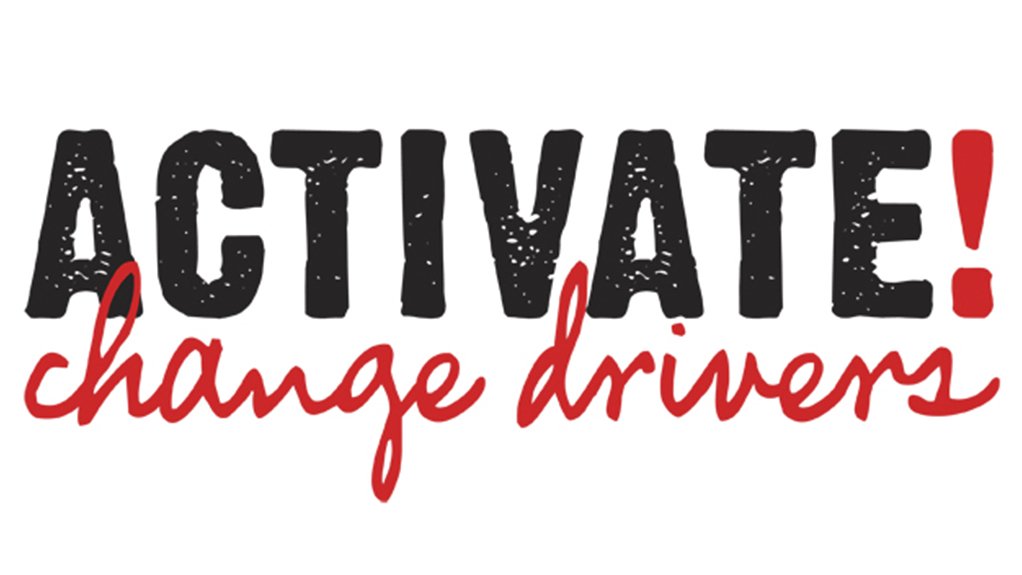“We were expected to destroy one another and ourselves collectively in the worst racial conflagration. Instead we as a people chose the path of negotiation, compromise and peaceful settlement. Instead of hatred and revenge we chose reconciliation and nation-building.” – Nelson Mandela
This year marks 45 years since the youth uprising of 1976, where young people stood up to make their voices heard against an oppressive regime. The youth uprising of 1976 remains relevant today (nearly half a century later) because it proved correct the long held notion that political immobilism is unsustainable and that young people once organised have the power to change the trajectory of any social struggle, and more importantly it justified the view that every generation has to rediscover struggle.
However, with the benefit of hindsight, one can also argue that in the same way that every generation has to rediscover struggle, it also has to learn to rediscover reconciliation and it has to take on the reconciliation project on itself. This in essence means we have to seriously consider politically forgiving our historical adversaries (those being the beneficiaries of apartheid policy) in order to gain agency over our future because by doing so we will have effectively interrupted the past from becoming a grave digger of our future.
This is obviously an extremely difficult and complex proposition because it is premised on the same logic upon which the Truth and Reconciliation Commission was founded on, and many have criticised that process as being profoundly misguided and failed to deliver any form of justice. Why should we then endeavour to rediscover processes which may not guarantee justice?
German political theorist Hanna Arendt in her book ‘The human condition’ defines forgiveness as “the act of being released from the consequences of one’s actions”, why would any victim release a perpetrator from the consequences of their actions? Arendt argues that the absence of forgiveness means that the scripted sequence of events would carry on determining the future of a nation for centuries and in effect confine the nation to one “single deed from which it could never recover; it would remain a victim of its consequences forever”. This is primarily the major problem with apartheid in South Africa, it continues to eclipse and imprison our nation’s psyche trapping its purview, forcing our focus down a predictable zero-sum tunnel leading to racialism and narrow nationalism. Such an environment leaves no prospect for growth and development but is fertile ground for populism. Young people must therefore rediscover reconciliation in order stop our apartheid history from poisoning our future.
If young people are of the view that reconciliation as designed by Nelson Mandela and his generation which chose understanding over vengeance, peace over retaliation and ubuntu over victimisation was a form of “selling out” because it did not include economic justice, they need to rediscover and design a reconciliation which will encompass those things instead of cancelling the entire process. A significant part of that rediscovery has to involve a process where even terms like ‘sell outs’. ‘askaris’, ‘spies’, ‘stratcom’, and dare I say ‘white monopoly capital’, need to be thrown out because they belong to a previous century and no longer describe contemporary challenges faced by this generation. Therefore, a rediscovery has to embody in it neologisms which better describe the immediate challenges and aspirations of this generation.
A call to rediscover reconciliation is not a call to silence legitimate debate, it is also not a call to silence radical thought or to stifle debate on race relations and economic justice; it is also not call to force 'black' people to forgive 'white' people who haven't asked for forgiveness but it is an attempt to enrich that debate because retrospective self-analysis is very important due to the fact that nations grow forward but understand themselves by looking backwards. Therefore, instead of asking facetious questions which attempt to contrast the youth of 1976 with the youth of 2021, the real question we should be asking ourselves is how do we rediscover reconciliation?
Written by Prince Charles, a member of ACTIVATE! Change Drivers, a Humanist, Post Religious, Youth Activist and a Sociology and Politics graduate from the Nelson Mandela University in Gqeberha.
EMAIL THIS ARTICLE SAVE THIS ARTICLE ARTICLE ENQUIRY
To subscribe email subscriptions@creamermedia.co.za or click here
To advertise email advertising@creamermedia.co.za or click here











